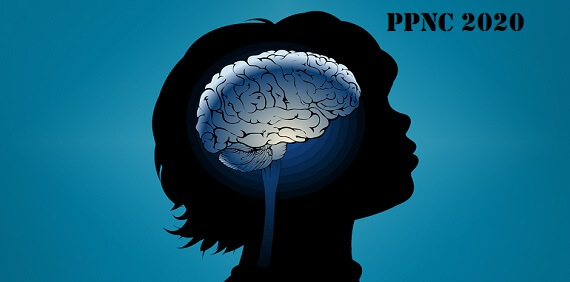Blog

Neurological Disorders in Pediatrics
The term “neurologic disorder” is defined as any condition that is caused by a dysfunction in part of the brain or nervous system, resulting in physical and psychological symptoms. The enhancement of the human brain begins during pregnancy and continues through infancy, childhood and adolescence. Most brain cells are formed before birth but the trillions of connections between these neurons are not developed until infancy.
The brain is composed of gray matter i.e., neurons and interconnections and white matter as axons surrounded by a myelin sheath. A motor neuron carries impulses away from the brain. The formation of the human brain is a complex multi-stage process involving early patterning and cellular events, as well as circuit formation and refinement. The formation of the human brain is a complex multi-stage process involving early patterning and cellular events, as well as circuit formation and refinement. Developmental brain injury and disorder occur prior to birth or in early childhood. The genetic factors or can be brain injuries acquired through exposure to environmental factors.
Pediatrics and grown-ups with brain disorder may have one or more symptoms that include learning complexities, problems with concentration and attention, sensory deficits, language and reading difficulties, impaired memory and recall, problems with social situations and emotional processing. Further problems can involve epileptic seizures and motor deficits such as cerebral palsy. Some children born with disorder can also have defects in other organ systems as part of a syndrome. Often, such defects in other organ systems can be life-threatening, and therefore most of the clinical care is directed at managing those symptoms. Nevertheless, once the life-threatening situation is controlled, it is the brain disorder that will most often affect the person’s quality of life. Numerous people with DBD can have autism are suffering from social isolation and loneliness.

